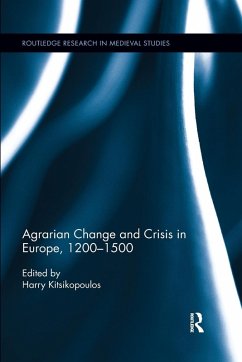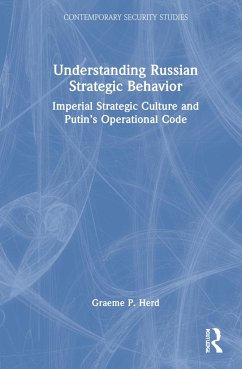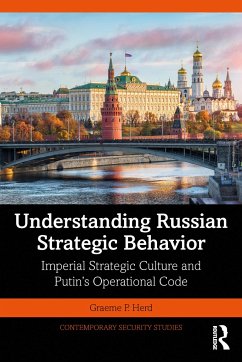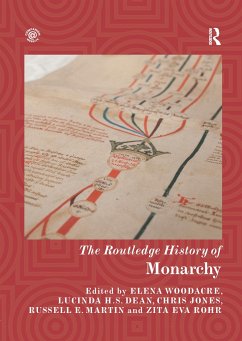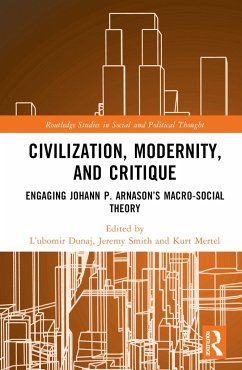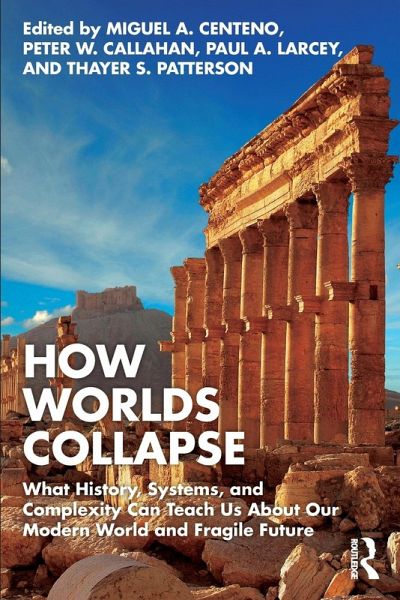
How Worlds Collapse
What History, Systems, and Complexity Can Teach Us About Our Modern World and Fragile Future
Herausgegeben: Centeno, Miguel; Callahan, Peter; Larcey, Paul; Patterson, Thayer
Versandkostenfrei!
Versandfertig in 6-10 Tagen
34,99 €
inkl. MwSt.
Weitere Ausgaben:

PAYBACK Punkte
17 °P sammeln!
As our society confronts the impacts of globalization and global systemic risks-such as financial contagion, climate change, and epidemics-what can studies of the past tell us about our present and future? How Worlds Collapse offers case studies of societies that either collapsed or overcame cataclysmic adversity. The authors in this volume find commonalities between past civilizations and our current society, tracing patterns, strategies, and early warning signs that can inform decision-making today. While today's world presents unique challenges, many mechanisms, dynamics, and fundamental ch...
As our society confronts the impacts of globalization and global systemic risks-such as financial contagion, climate change, and epidemics-what can studies of the past tell us about our present and future? How Worlds Collapse offers case studies of societies that either collapsed or overcame cataclysmic adversity. The authors in this volume find commonalities between past civilizations and our current society, tracing patterns, strategies, and early warning signs that can inform decision-making today. While today's world presents unique challenges, many mechanisms, dynamics, and fundamental challenges to the foundations of civilization have been consistent throughout history-highlighting essential lessons for the future.






